Tories no longer know what they stand for

Could they listen to music? I’m not sure of Anderson’s own tastes but according to the Sunday Mirror, a few of his pals from the Skegby Scooter Club are big fans of vintage white supremacist punk. It’s a total guess, but I’d imagine Sunak isn’t wildly into white supremacist punk. According to one profile, his tastes tend more towards the pop of the early 2000s. “Tell you what, Rishi,” Lee might say, “you can have your Hollaback Girl by Gwen Stefani, then let’s have White Power by Skrewdriver. And then, hmm, some Britney?”
They’re both Conservatives, though, so maybe they could fall back on their shared politics. Only, hang on, what shared politics? We know that Anderson wants to bring back the death penalty and Sunak doesn’t, but that’s just the start of it. The PM is committed to net zero, Anderson wants rid of it. Anderson says voters want lower taxes immediately, whereas Sunak says most people know that’s impossible because, and I quote, “you’re not idiots”. Perhaps they’d agree on the broad undesirability of immigrants in small boats crossing the Channel, but Anderson reckons we could solve that problem immediately if we just “put them on a Royal Navy frigate or whatever and sail it to Calais”. And I’m guessing here, again, but I don’t think Sunak would agree.
No, I’d ditch the barge plans if I were them. They don’t seem to have much in common. What I have been wondering this week, though, is what they are meant to have in common. Or what any Conservatives have in common. What the common thread is, these days, that makes them all Conservatives rather than something else. And you know what? I have absolutely no idea. I don’t think they do, either.
Perhaps you saw Andrew Mitchell on the telly this weekend. Currently the minister for development and Africa, he was first elected as an MP in 1987. There he was, though, this veteran of the Conservative government, all but rolling his eyes at the suggestion the UK might leave the European Court of Human Rights. This, even though we have a Conservative home secretary, Suella Braverman, who absolutely wants to leave the ECHR so she can fulfil her “dream” of sending migrants to Rwanda. Indeed, I daresay she might dream of sending Mr Mitchell and the ECHR to Rwanda too. Despite this, what do they still have in common? Search me.
On Monday, on taxes again, we had the Conservative Sir John Redwood supporting the last Conservative leader Liz Truss over immediate cuts, even though the Conservative chancellor Jeremy Hunt keeps saying they’re not on the agenda. When not hankering for tax cuts, many rebel Conservatives seem to hanker both for the return of Boris Johnson and the scrapping of HS2. Yet Johnson himself called HS2 “a fantastic project”. Indeed, if Johnson has been consistently in favour of anything beyond himself, it has been wildly ambitious infrastructure projects of exactly the sort his greatest supporters are now bitterly against. And maybe it’s just me, but this all seems a bit of a flailing mess.
Also, there’s Brexit. Yes! It’s still an issue! I’m as surprised as you! A fortnight ago, on the third anniversary of our leaving the EU, Sunak hailed it as a glorious, ongoing success. Perhaps his trade secretary, Kemi Badenoch, also a long-term Brexiteer, wasn’t listening because she keeps saying that of course there aren’t successes yet, because it’s far too soon. Which is it? Michael Gove, meanwhile, apparently recently held a cross-party secret summit to “make Brexit work better”. Is that to be the Tory pitch, now? That they are the party to make this thing that isn’t working actually work? Because, if so, I can foresee some internal dissent about the first clause there.
To be clear, my point is not that some Conservatives disagree with other Conservatives. Of course they do. All parties have divisions, and all parties are broad churches. The thing about a broad church, though, is it’s still basically a church, with everybody essentially sharing the same big faith. So what’s the big Conservative faith now?
The main criticism against Sir Keir Starmer is that he, too, lacks clarity. “I just don’t know what he stands for,” people will say. Labour, though, has it easy. They’re the anti-Tory party. The Conservatives have been in power for more than a decade, the country is a mess - this has clout. Precisely because of Starmer’s careful triangulation, the reverse doesn’t work. What’s to fear? A tiny bit more scepticism about Brexit? A tiny bit less about transgender bathrooms? It’s not enough. Fans sometimes hail Starmer as the new Tony Blair, but perhaps he’s actually the new David Cameron. There’s no drama here. His whole pitch is simply that he’d be better at the gig than the other lot.
In my lifetime the Conservative Party has been many different parties. It has been the small state party and the patriotic party. It has been the low tax party. It has been the pro-Union party and the anti-unions party, the party of the armed forces, the party of big business and the party of small business and the party of owning your own home. At the last election, it was both the Save Brexit party and the Stop Corbyn party: two very clear banners around which even people with quite disparate views could unite.
Today, though, Johnson’s strength has become Sunak’s weakness. Brexit was saved and Corbyn was stopped - and now what? Two very different strangers, travelling together on a barge. But why?
The Times

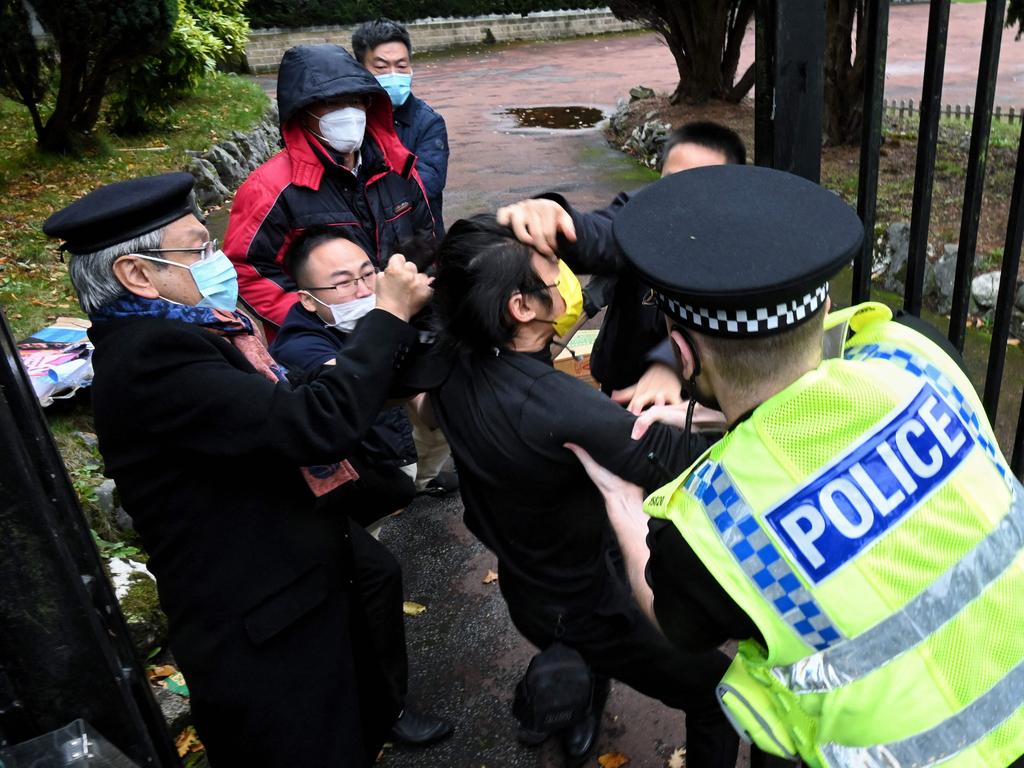
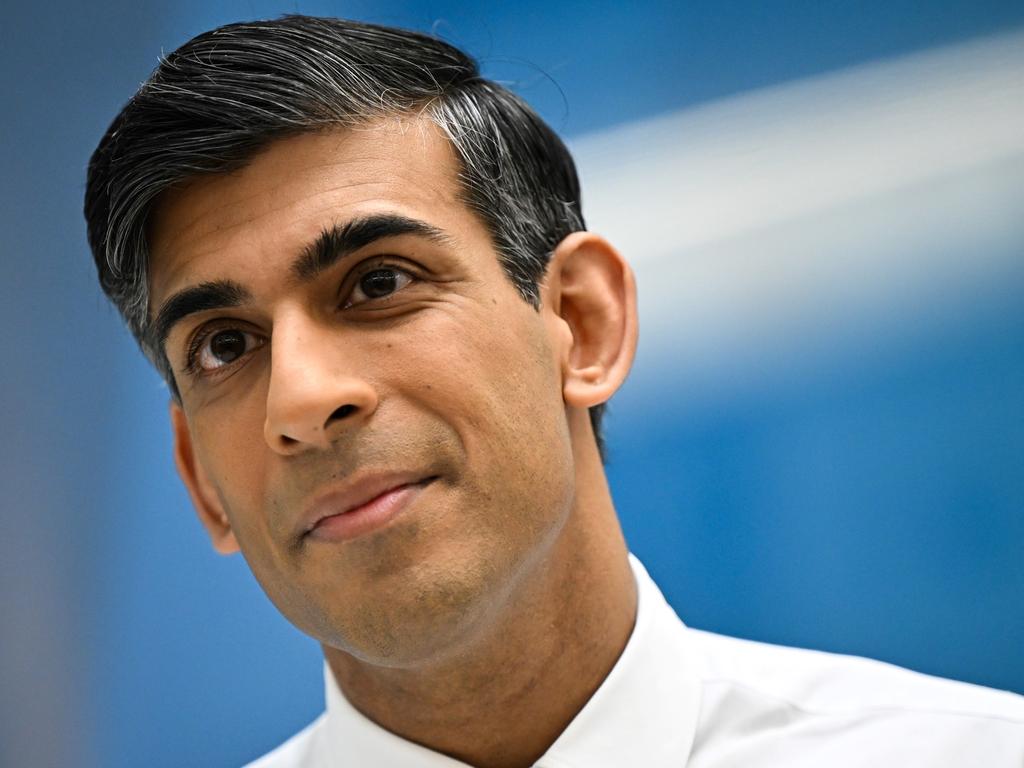
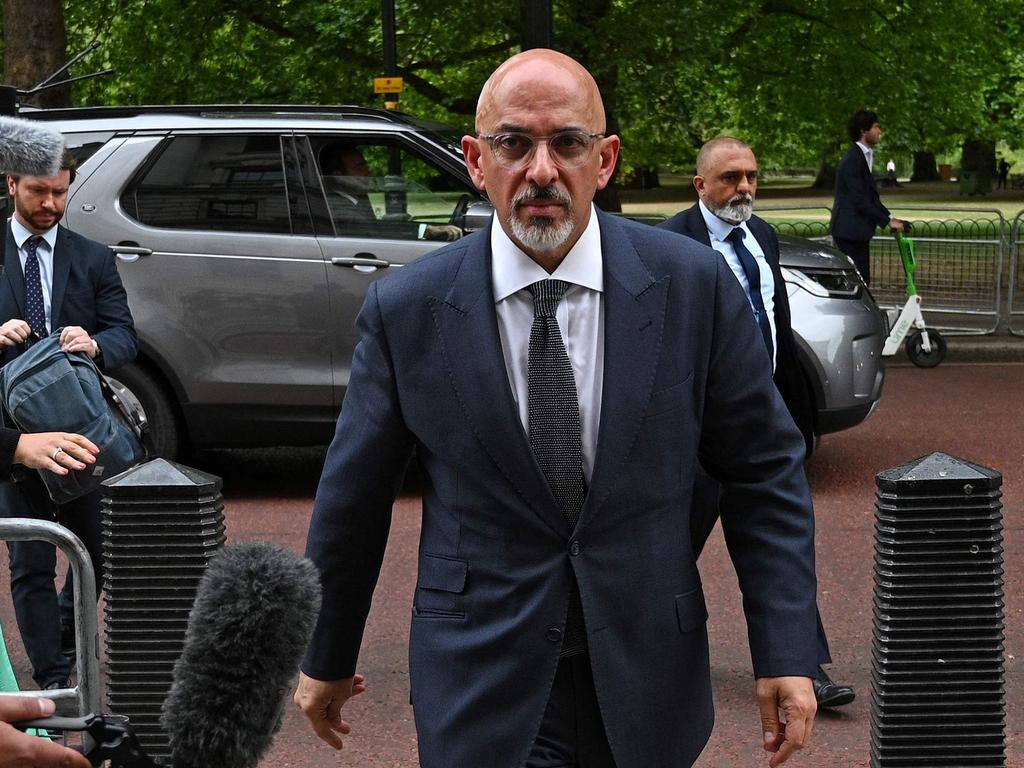
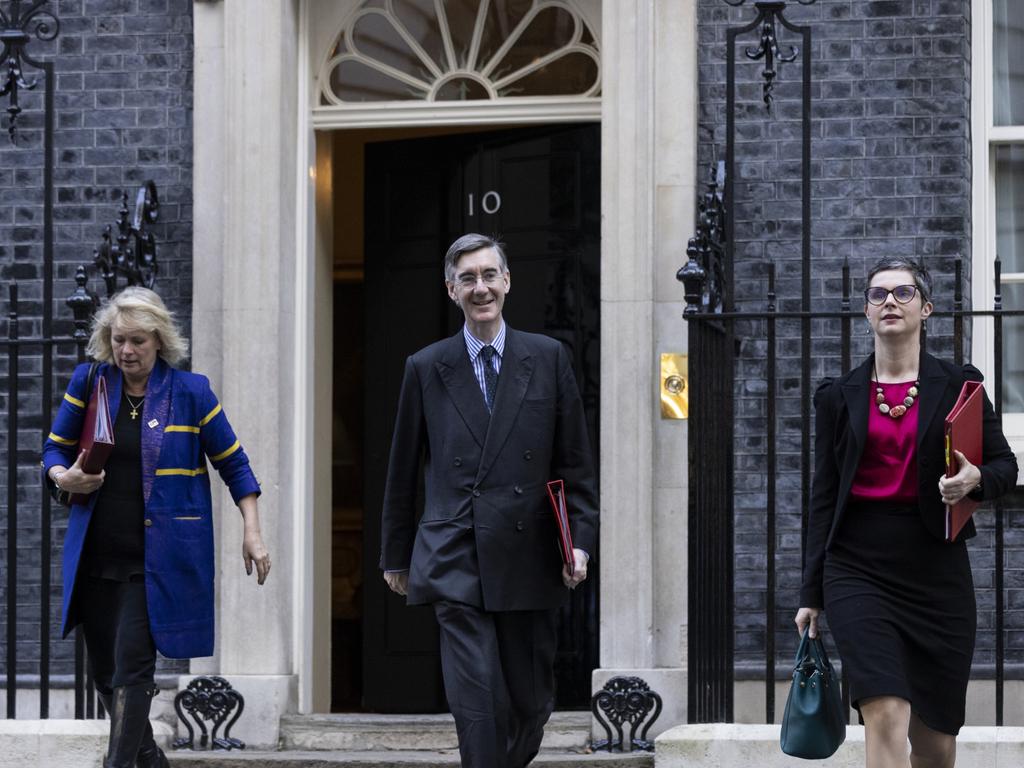
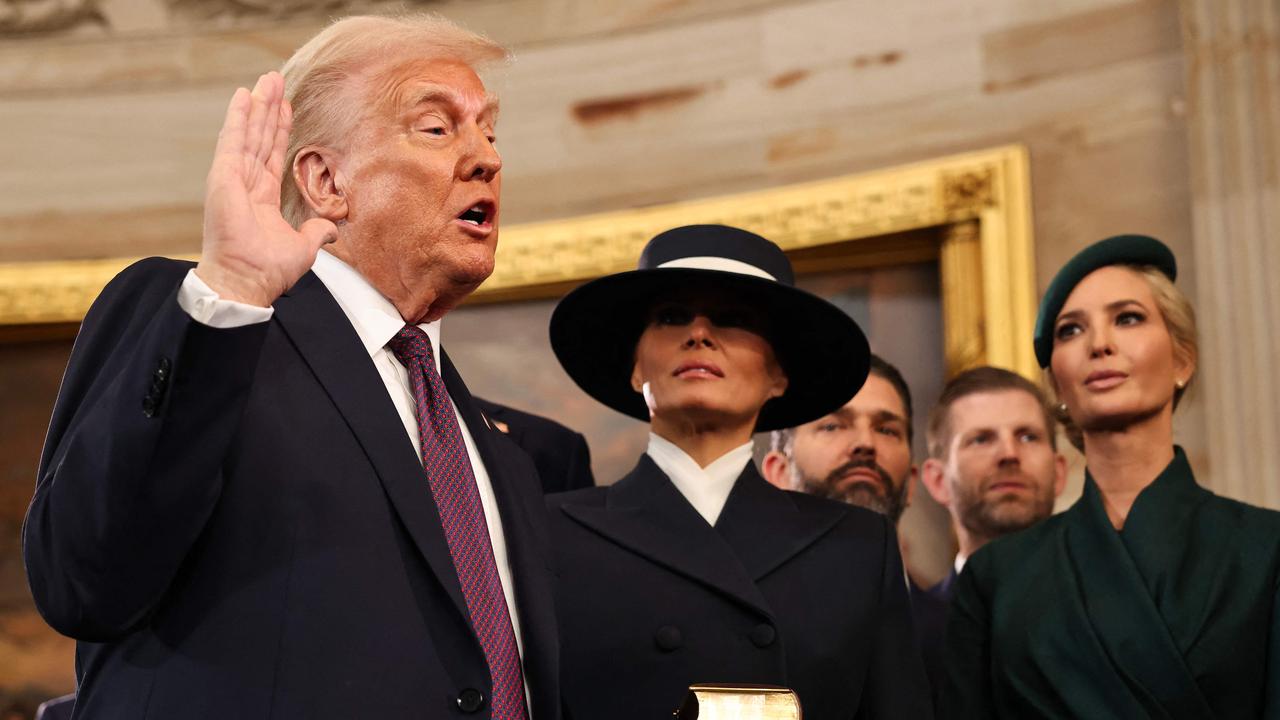
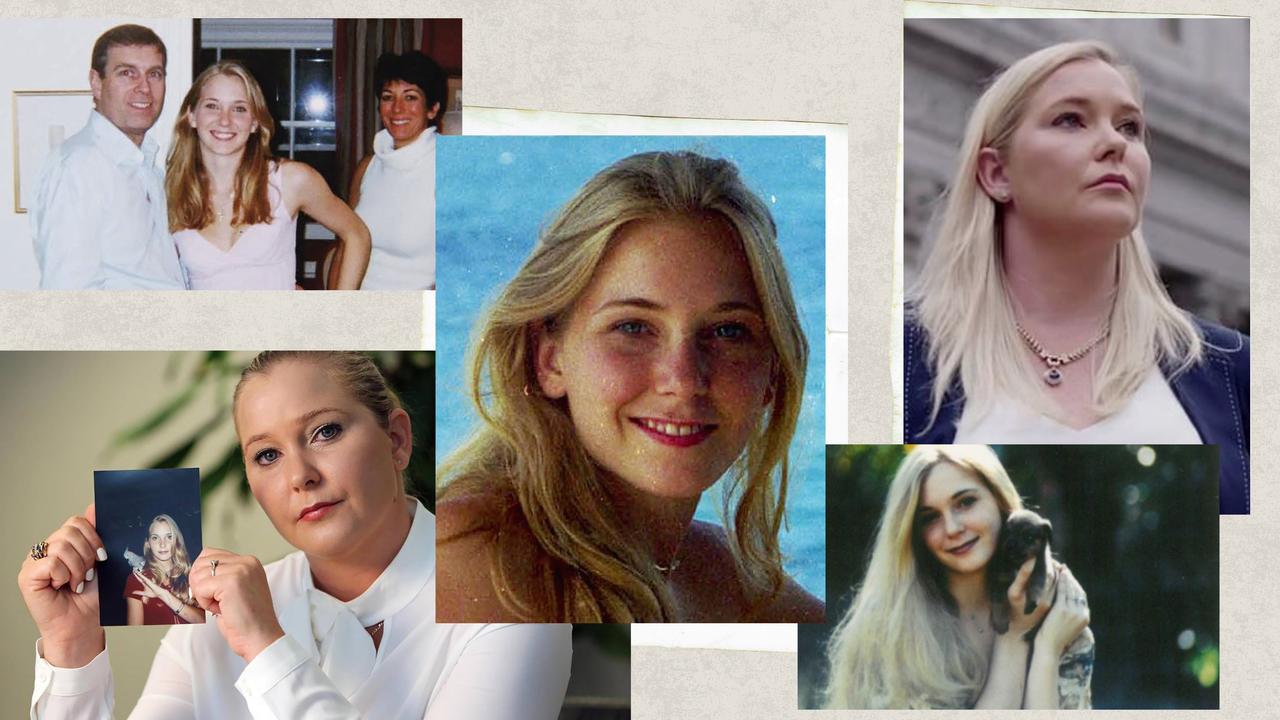
Imagine Rishi Sunak and his new deputy chairman, Lee Anderson, taking a holiday together. Maybe on a barge? Along the canals they’d go, puttering, working together to navigate the locks. What to do, though, in the evenings? Lee likes a pint. Rishi only drinks Coke.